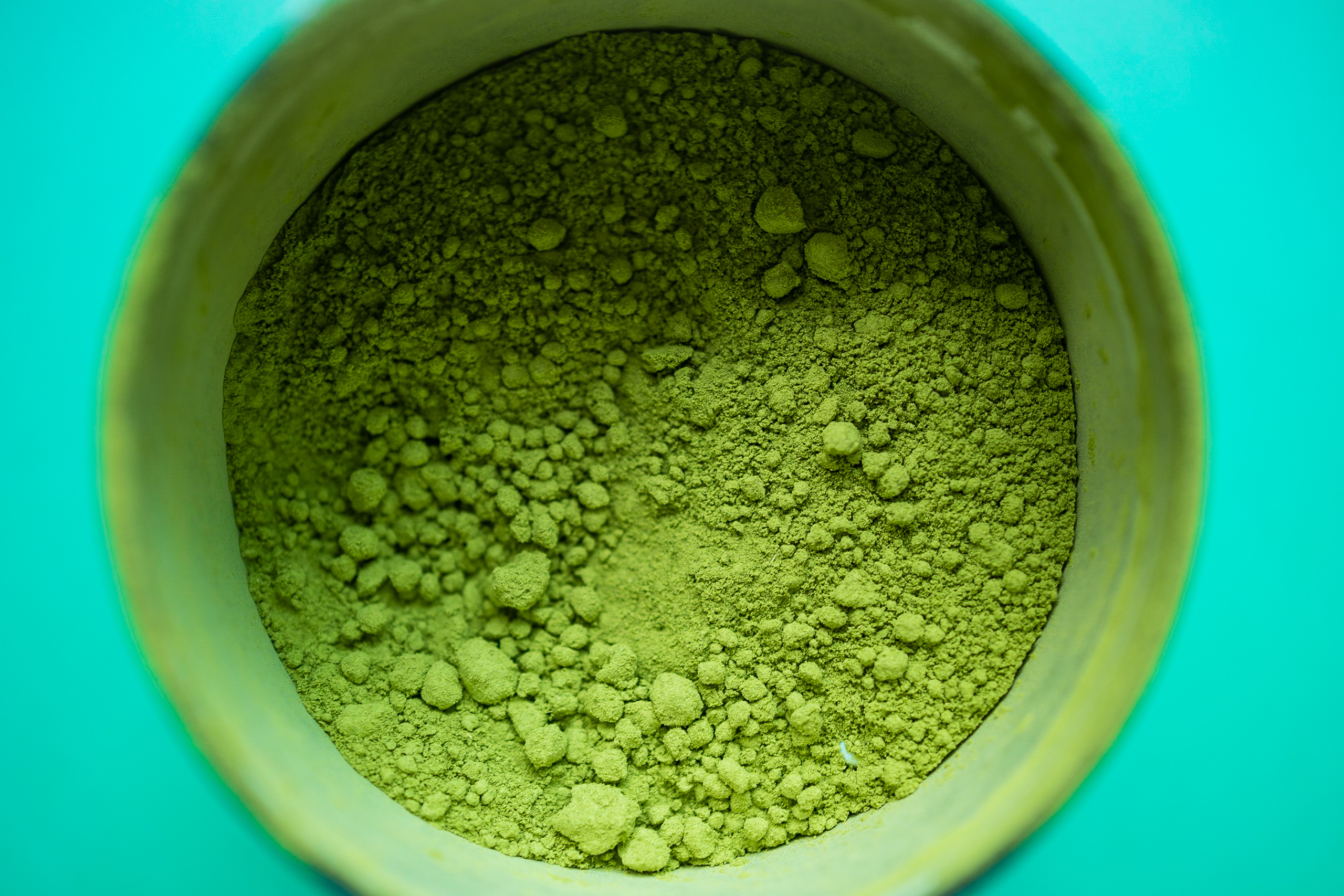Get Easy Health Digest™ in your inbox and don’t miss a thing when you subscribe today. Plus, get the free bonus report, Mother Nature’s Tips, Tricks and Remedies for Cholesterol, Blood Pressure & Blood Sugar as my way of saying welcome to the community!
Moringa: An anti-inflammatory, antioxidant, antidiabetic superfood

The moringa is a veritable vitamin powerhouse rich in phytochemicals, antioxidants, calcium, iron and potassium — and that’s just for starters. Praised for its healing properties for thousands of years, its popularity has reached the states and evidence is piling up. Here’s how to use it…
Moringa is native to India and grown in Asia and Africa and is becoming quite popular for its nutritional properties and medicinal compounds. When we called it a vitamin powerhouse, we weren’t joking…
Moringa has 7 times more vitamin C than oranges and 15 times more potassium than bananas!
So far, scientists have investigated only a fraction of its many bioactive plant compounds. But that’s changing — partly because a Fogarty-funded researcher, Dr. Carrie Waterman, a natural products chemist at the University of California, Davis, secured a five-year development award to explore moringa’s potential and bring to light the scientific evidence behind this superfood that comes from a plant traditionally known as “the miracle tree.”
Some of the claims that Dr. Waterman is delving into include the plant’s anti-inflammatory, anti-diabetic and antioxidant potential as well as its effect as a beneficial brain health agent.
Anti-inflammatory and anti-diabetic properties
A growing body of evidence suggests that moringa helps fight sustained inflammation, which is linked to many chronic health problems, including heart disease, diabetes, obesity and cancer.
In 2015, Dr. Waterman and colleagues published a 3-month study that showed feeding mice with 5 percent moringa concentrate while eating a high-fat diet improved glucose tolerance and insulin signaling. These moringa-fed mice didn’t develop liver disease and gain 18 percent less weight than the control group.
A small study of 30 women found that taking 1.5 teaspoons (7 grams) of moringa leaf powder every day for three months reduced fasting blood sugar levels by 13.5%, on average.
These results provide evidence that moringa intake may be a useful tool in managing weight in obese individuals, including the risk factors for metabolic syndrome. Moringa leaf powder has been effective at lowering blood sugar and cholesterol in diabetic patients. Waterman hopes results from the research project, and these studies will fuel interest and funding for human clinical trials.
Antioxidant
Moringa leaves contain antioxidants that fight free radicals causing oxidative stress and cellular damage. Moringa contains flavonoids, polyphenols and ascorbic acid, which prevents the damage and degradation of free radicals cause in the cells of the organs in our bodies and keeps them functioning at their best.
Brain health
Moringa supports brain health because of its antioxidant, high content of vitamins E and C, and neuro-enhancer activities. These plant extracts show promising preliminary results as a treatment for Alzheimer’s disease. It also plays a role in memory, increased dopamine and serotonin (happy hormones), and could potentially treat depression in the future.
How to use moringa powder and tea
Dr. Waterman plans to apply for NIH and U.S. Department of Agriculture (USDA) funding to support additional research into how consuming moringa can affect inflammation and chronic disease in humans. “It can both generate income for farmers, as well as provide food security,” she said. “I think moringa can be a smart tool in our toolbox of strategies to approach global health needs in an environmentally and socially conscious way.”
In Western countries, the dried leaves are sold as dietary supplements in powder or capsule form.
- Add it to your smoothie
- Sprinkle it into your soups
- Add to your salad dressing
- Mix it in with baked goods
- Try moringa-infused teas
Research has shown that it is safe to eat the leaves, seedpods and leaf extracts. Moringa is available as a powder, pill, oil and tea. Pregnant women should not eat the bark, root, or pulp and use caution if breastfeeding. Always talk to your doctor before taking any supplements, especially if you are taking prescription drugs.
Editor’s note: Are you feeling unusually tired? You may think this is normal aging, but the problem could be your master hormone. When it’s not working, your risk of age-related diseases skyrockets. To reset what many call “the trigger for all disease” and live better, longer, click here to discover The Insulin Factor: How to Repair Your Body’s Master Controller and Conquer Chronic Disease!
Sources:
Scientist studies the moringa plant’s medicinal, nutritional benefits — NIH Fogarty International Center
Effect of supplementation of drumstick (Moringa oleifera) and amaranth (Amaranthus tricolor) leaves powder on antioxidant profile and oxidative status among postmenopausal women — Springer Nature
Effect of plant extracts on Alzheimer’s disease: An insight into therapeutic avenues — National Institutes of Health
6 Science based health benefits of moringa oleifera — Healthline.com













